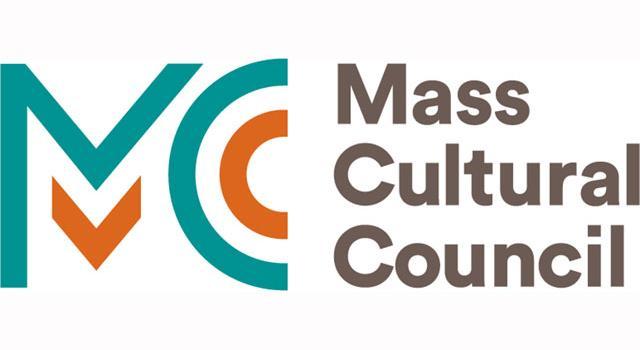
Rebecca Miller

Rebecca (Becky) Miller received an A.B. from Bryn Mawr College, an M.A. from Wesleyan University, and a Ph.D. from Brown University in ethnomusicology. She conducted dissertation research as a Fulbright Fellow on the Caribbean island of Carriacou, Grenada.
Professor Miller is the author of Carriacou String Band Serenade: Performing Identity in the Eastern Caribbean (Wesleyan University Press, 2008; 2nd edition, 2024) and Are You Dancing?: Showbands, Popular Music, and Memory in Modern Ireland (Indiana University Press, forthcoming, March, 2025). She conducted fieldwork in Ireland as a Whiting Fellow and, in 2018–19, was a fellow in Irish Studies at National University Ireland, Galway.
Professor Miller has worked as a public radio producer and public sector folklorist, documenting and presenting the traditional arts from immigrant and refugee communities throughout the United States. Her work has culminated in recordings, festivals, publications, and the production of film and radio documentaries, including the award-winning public radio series, "Old Traditions-New Sounds" and, as co-producer/writer, the documentary video "From Shore To Shore: Irish Traditional Music in New York City."
At Hampshire College, Professor Miller teaches courses in music, ethnomusicology, and journalism and leads the Five College Old Time String Band Ensemble. A fiddler, Professor Miller performs regularly in concert and at dances and teaches workshops at fiddle camps and at festivals.
Recent and Upcoming Courses
-
This course focuses on the broad fundamentals of western music and music theory, including music literacy (how to read western music notation). We will look at theoretical concepts (pitch, rhythm, timbral nuances, texture, intervals, chords, harmony, etc.) and develop our sense of music cognition through ear training and solfege singing. This course will connect music to theory by teaching students the basics of music composition. No prior music training or literacy is required. Students are required to attend one ear training class every week, either Mondays and Tuesdays evening from 7:00 - 8:30 pm. Keywords:music
-
In this course, students will read and try their hand at different types of music writing. We will learn the basics of music journalism. literary non-fiction, and the musical memoir. We will focus on developing and strengthening proposal writing, outlining, setting up an argument, and the process of editing/revision. In addition to learning basic music terminology and concepts to strengthen how we communicate about music, we will also learn about "deep listening" with regards to musical structure, style, and lyrical meaning. There will be regular required reading and listening assignments covering a range of music, including rock/pop, punk/hardcore, western classical, rap, R&B, folk/traditional music, and others. Students will present their writing in class workshops and will complete short written responses to reading and listening assignments as well as three longer writing projects and an end-of-semester oral presentation. Prior knowledge of music or music theory is neither expected nor required. Keywords:music, writing, rock/pop, journalism, memoir
-
In this course, students will learn to play by ear and develop a repertoire of traditional Appalachian dance music (old time) and old time country song. Prior experience with old time music is not necessary, but a basic working knowledge of one of the following instruments is required: fiddle (violin), banjo, guitar, upright bass, mandolin, cello, harmonica, ukelele, and other appropriate instruments in consultation with instructor. While this is primarily a performance course, students will also complete regular reading/written and listening assignments. Keywords:music, performance, ethnomusicology, American Studies, folk arts
-
In this course, we will learn how to produce music pieces for public radio and podcasts. We will learn the basics of radio journalism, including reporting, recording, scriptwriting, production, and the effective use of music and ambient sound. Students will produce two music-related pieces - a vox pop and a final project in a style consistent with public radio. Students will gain a working knowledge of sound editing techniques using Adobe Audition. In addition to workshopping students' projects in class, there will be reading and listening assignments that introduce students to creative public radio pieces focusing on music. Students can borrow digital recorders, microphones, and other equipment from Media Services. Prior college-level coursework in media production, writing, or ethnography is strongly recommended. Keywords:journalism, radio, podcasting, music, sound



